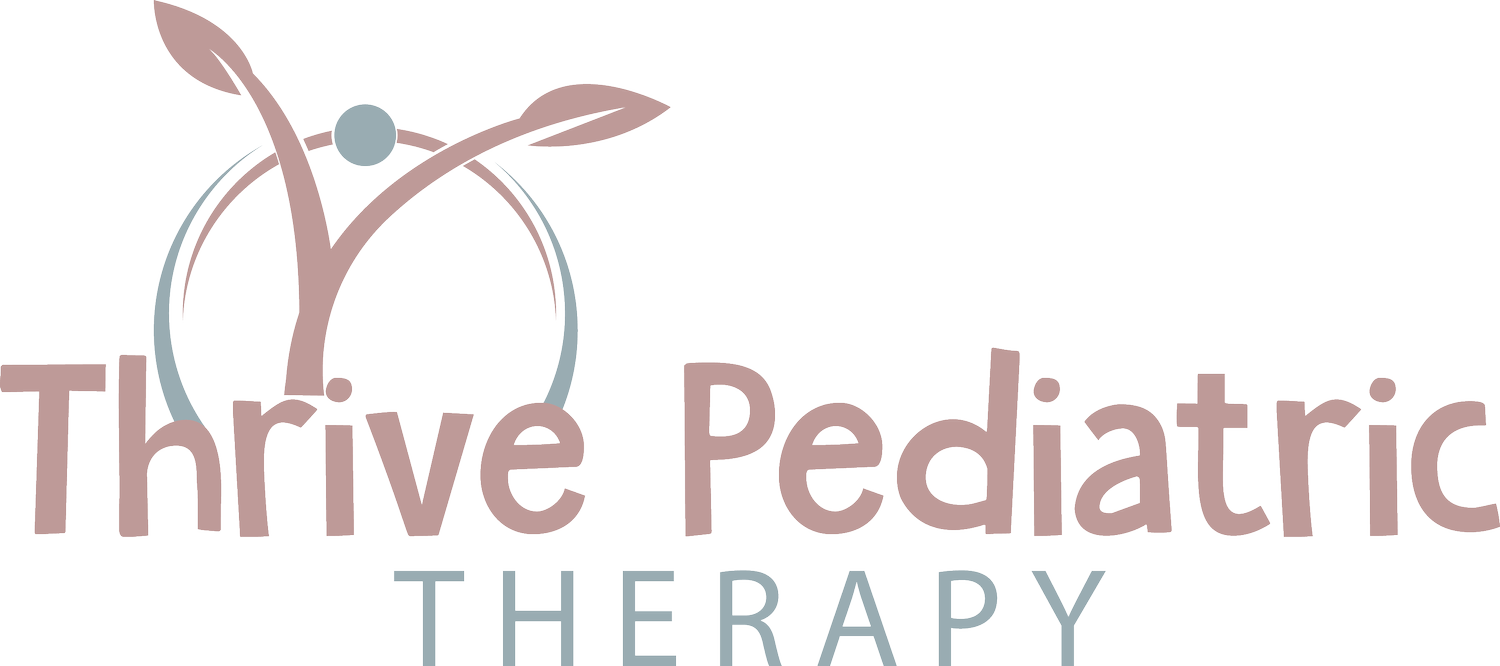Polyvagal Theory and the Safe and Sound Protocol
Polyvagal theory, developed by Dr. Stephen Porges, is a neurobiological theory that explains how the autonomic nervous system (ANS) influences behavior, emotions, and physiological state. The theory proposes that the ANS is composed of three hierarchical systems: the ventral vagal complex, the sympathetic nervous system, and the dorsal vagal complex.
Vental Vagal Complex (VVC): This is the most evolved part of the autonomic nervous system and is responsible for promoting social engagement, connection, and feelings of safety. It regulates the heart rate, facial expressions, vocalizations, and other functions related to social interaction.
Sympathetic Nervous System (SNS): This system is activated in response to perceived threat or stress. It triggers the "fight or flight" response, preparing the body to either confront the threat or flee from it.
Dorsal Vagal Complex (DVC): This is the oldest part of the autonomic nervous system, responsible for immobilization and shutdown responses. It is activated in extreme situations of threat when fight or flight responses are not effective, leading to behaviors such as freezing or dissociation.
Polyvagal theory suggests that the functioning of these systems is not just related to physical survival but also to social engagement and emotional well-being. It emphasizes the importance of feeling safe and connected in promoting overall health and resilience.
The Safe and Sound Protocol (SSP) is a therapeutic intervention developed based on polyvagal theory. It is used by mental health professionals, therapists and sensory integration practitioners as an adjunct therapy to help their clients regulate their nervous systems, process external cues and signals more effectively, and attain a grounded state in which they feel safe and receptive.
The SSP involves listening to specially filtered music that has been processed to emphasize the frequency range of the human voice. The protocol aims to stimulate the vagus nerve and promote regulation of the autonomic nervous system. It is used to address various challenges, including anxiety, auditory sensitivities, emotional regulation difficulties, and social communication deficits. An evidence-based and trauma-informed listening therapy, the SSP helps shift the nervous system to be more present and regulated while improving client capacity for connection and receptivity to other therapies.
At Thrive Pediatric Therapy, we are certified Providers of the Safe and Sound Protocol and have experienced firsthand the shift that it can make in providing a feeling of safety, opening the door for other therapies to become more accessible, impactful, and accelerated.
